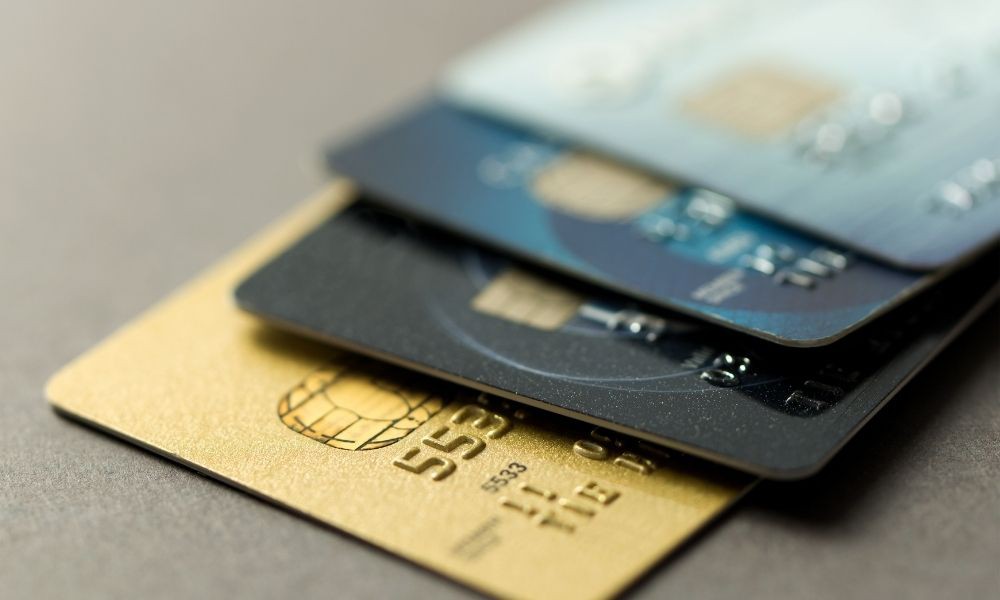Short sales can have a noticeable influence on your credit score, but you can start rebuilding your credit if you focus on the many elements that can help increase your score. Here are the four main factors that can impact your credit that you should know.
What Is a Credit Score?
A credit score is based on information from your credit report and determines how likely you are to repay a loan on time. Businesses use credit scores to decide whether to provide you a mortgage, credit card, car loans, or other credit services. They’re also used to figure out how much interest you’ll pay on a loan or credit card, as well as your credit limit.
Payment History
When lenders evaluate you for new credit, they want to know that you will repay your debts on time, which is why your payment history is perhaps the most crucial element in establishing your credit score. Payment history accounts for 35 percent of your FICO score, used to assess consumer credit risk. Late payments of 30 days or more will lower your credit score, and the later you pay, the worse the impact, so pay your bills as soon as possible.
Credit Utilization
Credit utilization is the proportion of your credit limit that you use, represented as a percentage. It has the second-largest impact on your credit score behind payment history—around 30 percent, according to FICO. You can divide the entire revolving credit you currently use by the sum of all your outstanding credit limits to get your credit utilization ratio. You should use no more than 30 percent of your available credit, and you can do things like setting balance alerts or making extra payments throughout the month to keep your credit utilization low.
Length of Your Credit History
Your credit score also considers how long you’ve had credit, how long you’ve had commitments, how old your oldest account is, and how old all your accounts are on average. You should keep older accounts active for as long as possible, and you can give yourself a boost by adding yourself as an authorized user on an existing account with solid payment history.
New Credit Accounts
The number of new accounts you have affects your score. It checks how many new accounts you’ve applied for recently, as well as when you last opened one. People who are suffering cash flow issues or intending to take on a lot of new debt tend to open many new accounts in a brief period, which is why it has a substantial impact.
While these are the four main factors that can impact your credit, there are other things you should know of as well, such as the total amount of accounts you have opened. The professionals at the Short Sale Cooperative can help you when you need someone to guide you through the short sale process and answer questions, such as how does a short sale affect your credit? Feel free to reach out to us at any time.

Recent Comments